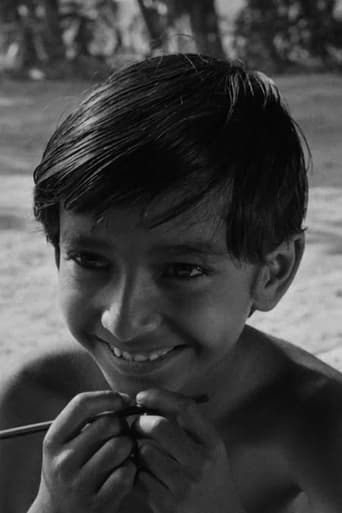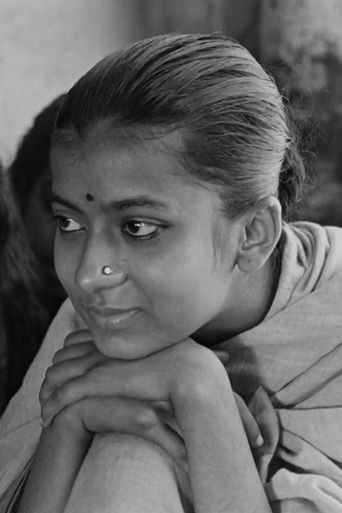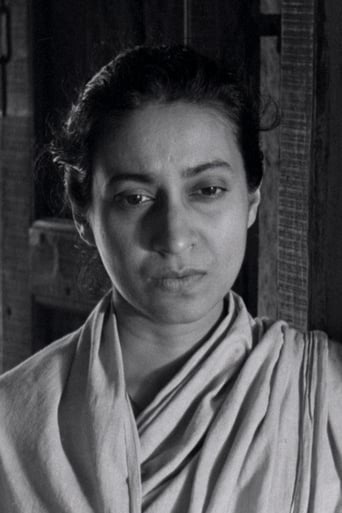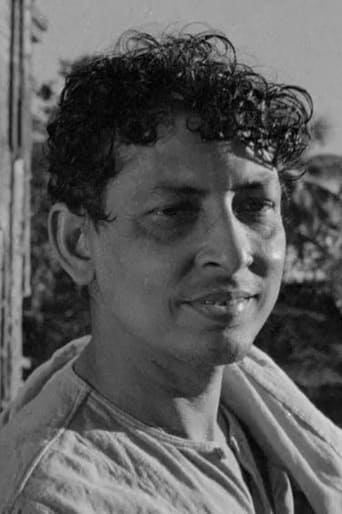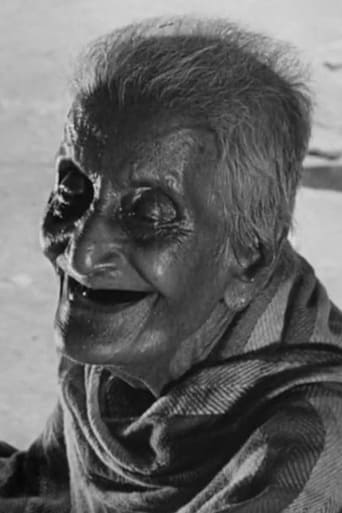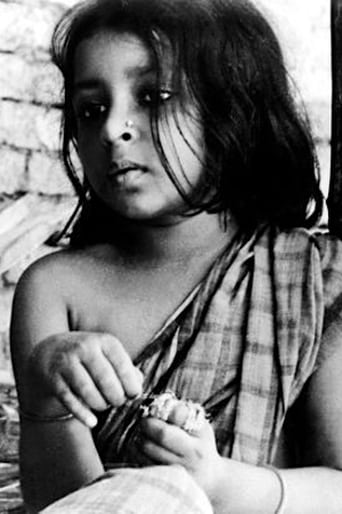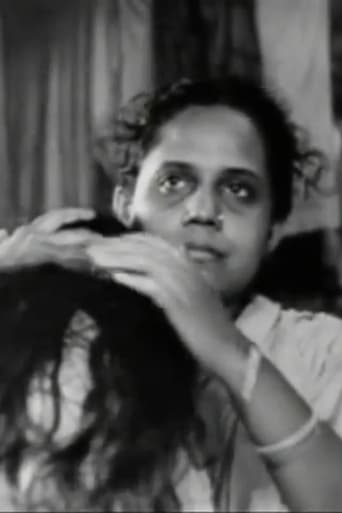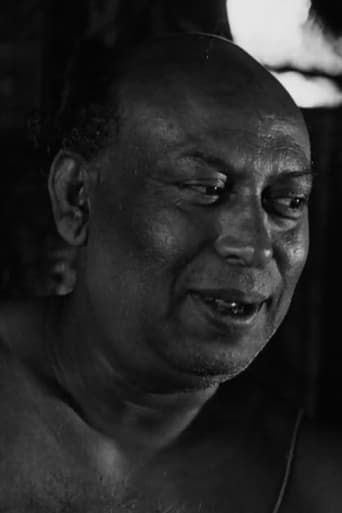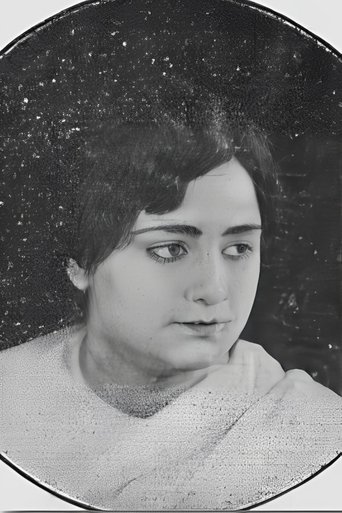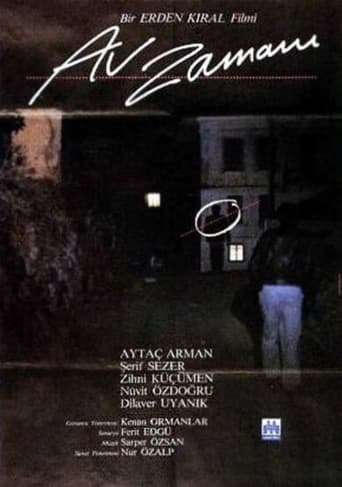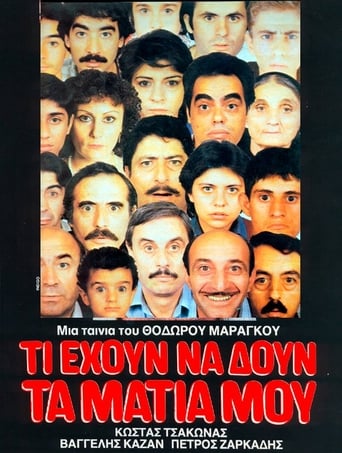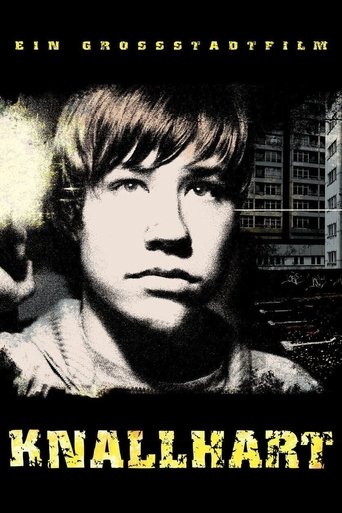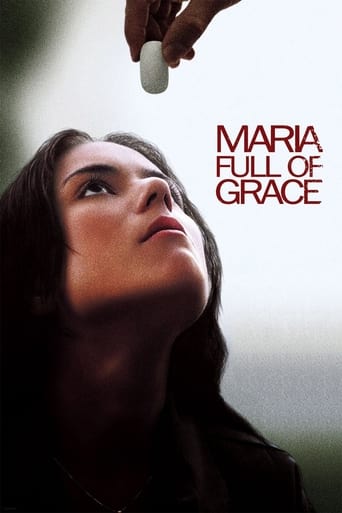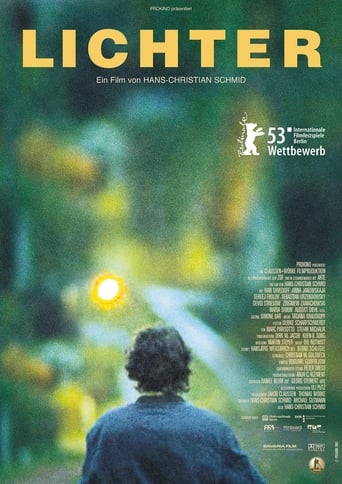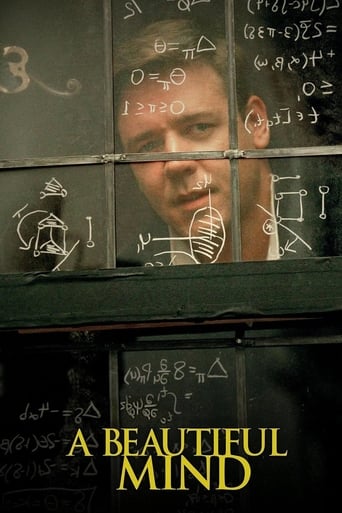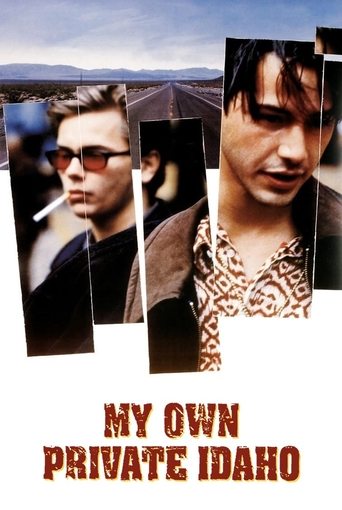










Pather Panchali (1955)
Impoverished priest Harihar Ray, dreaming of a better life for himself and his family, leaves his rural Bengal village in search of work.
- Satyajit Ray
- Ashish Barman
- Santi Chatterjee
- Subir Hajra
- Satyajit Ray
- Bibhutibhushan Bandyopadhyay
- Bibhutibhushan Bandyopadhyay
Rating: 7.9/10 by 431 users
Alternative Title:
A Canção da Estrada - BR
Song of the Little Road - US
Apu Trilogy 1: Song of the Little Road - US
Apus Weg ins Leben - 1.: Auf der Straße - DE
The Saga of the Road - US
The Lament of the Path - US
Song of the Road - US
Droga do miasta - PL
아푸 1 - 길의 노래 - KR
La canción del camino - ES
아푸 제1부 - 길의 노래 - KR
Pather Panchali: El pequeño sendero - AR
Песента на пътя - BG
Pather Panchali - CA
大地之歌 - CN
Pjesma puta - HR
Sangen om vejen - DK
Ballade vom Weg - DE
Pather Panchali - EG
Tien laulu - FI
La complainte du sentier - FR
Το τραγούδι του δρόμου - GR
To tragoudi tou dromou - GR
Az út éneke - HU
Pather Panchali - IN
Il lamento sul sentiero - IT
大地のうた - JP
Kelio daina - LT
La canción del camino - MX
Sangen om veien - NO
O Lamento da Vereda - PT
Pather Panchali - SG
Песнь дороги - SU
Pather Panchali (La canción del camino) - ES
La cançó del camí - ES
Sången om vägen - SE
Pather Panchali - SE
大地之歌 - TW
Пісня дороги - UA
Pather Panchali - AE
Pather Panchali - GB
Pather Panchali - TR
아푸 제1부: 길의 노래 - KR
Country:
India
Language:
বাংলা
Runtime: 02 hour 05 minutes
Budget: $0
Revenue: $536,364
Plot Keyword: robbery, misery, difficult childhood, move, monsoon, teacher, priest, remembered death, writer, railroad, unemployment, calm, candid, preserved film, admiring, adoring, cheerful
Part one of Satyajit Ray's trilogy introduces us to the poverty stricken family of the young "Apu" (Subir Banerjee). His family once had a guava orchard, but his poet and philosopher father "Harihar" (Kanu Bannerjee) had to trade that in to square up his profligate brother's debts. That now means that his mother "Sarbojaya" (Karuna Bannerjee) has to try to keep food on the table for them, his pilfering sister "Durga" (Uma Das Gupta) and their resident elderly aunt "Indir" (Chunibala Devi) - and that's not a task she relishes! With nothing much coming in, her's is the job of scraping together the means of buying food and living with the disdain of her neighbours. Finally, "Harihar" concludes that he must go and find work - so off he goes leaving the family to fend for themselves - and all of this with the monsoon season looming large over their dilapidated home. Being the first of a trilogy, this is much more of an establishing exercise - we get to meet the constituent parts of this happy but strained and frequently quarrelsome family; we see just how hand-to-mouth their existence is; we experience some of the culture of shame that is visited on those less fortunate - and we also get to appreciate the stoicism of a family with very little prospect of light at the end of their tunnel. What really adds richness to this story is the photography. It's so intimate in it's presentation. Everything here looks spontaneous and natural, the antics of the children - especially the fruit stealing sister; the boys playing and cavorting around. Even the constant bickering between aunt and mother comes across as entirely convincing. The jigsaw puzzle of his life is only gradually being put together, but you can sense that "Apu" is in for some adventures as he strives for a better life for him and his family, and even at a young age we all see his potential, and the potential for him to fail. I saw a 16mm print of this recently and though the subtitles had faded slightly, it was quite an astonishing production to watch and as an observation of subsistence life, it's really quite poignant.

